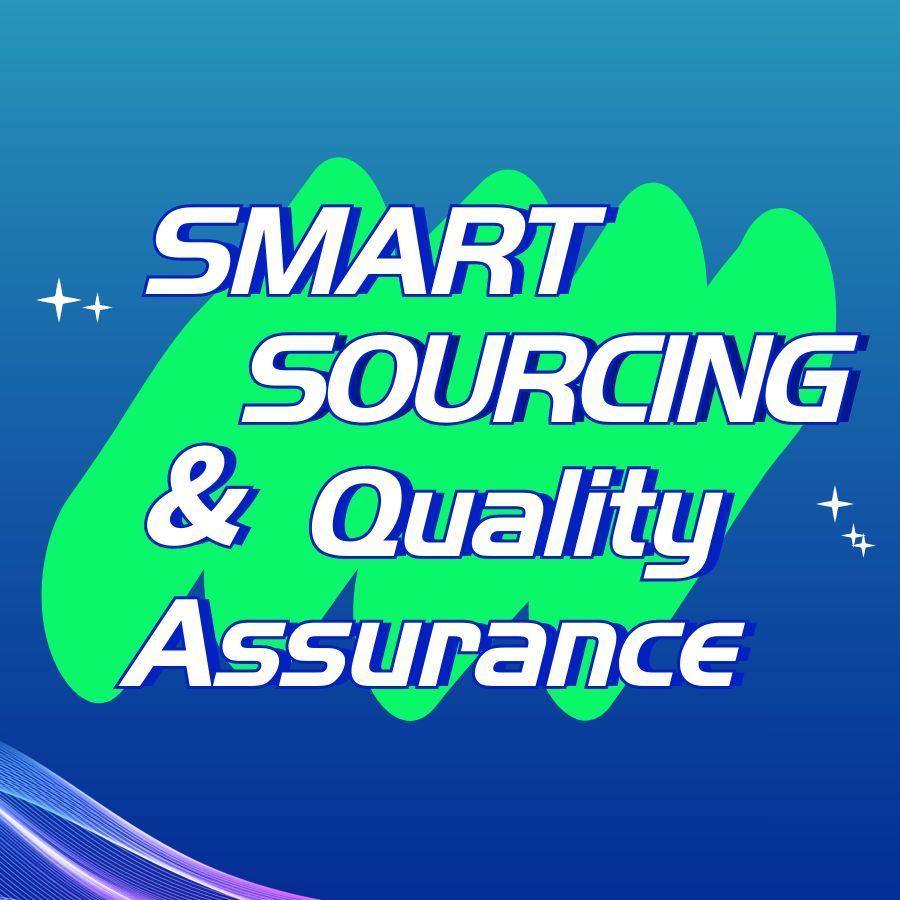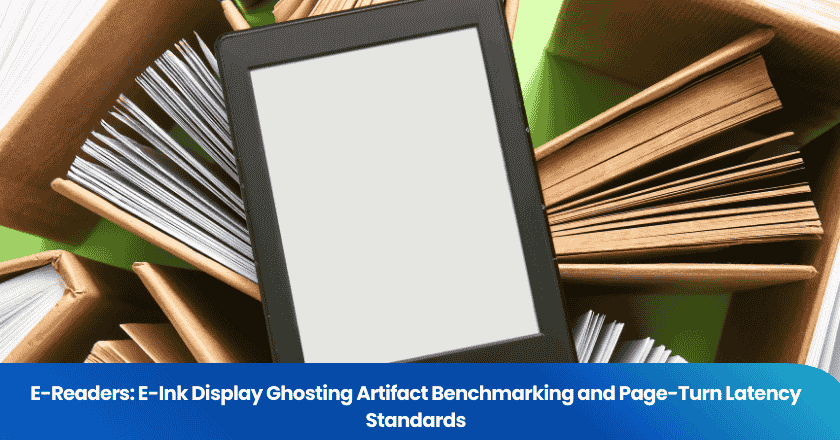
Introduction
In today's increasingly complex global trade and manufacturing landscape, enterprises are facing unprecedented challenges and risks. From raw material procurement to finished product delivery, every link may harbor potential quality hazards. This not only concerns the performance and safety of products but also directly affects the reputation and market share of enterprises. Against this backdrop, the importance of third-party inspection services as an independent and impartial means of quality control is increasingly prominent. This article will delve into what third-party inspection service sare and why they are crucial for modern enterprises.
1. Understanding third-party inspection services
Third-party inspection services are widely recognized and highly esteemed in the industry. The core essence of these services lies in the fact that a professional third-party organization, completely independent of both the buyer and seller, conducts comprehensive, in-depth, objective, and impartial assessments and verifications of various products, services, or business processes. The scope of this service is extremely broad, touching almost every corner of enterprise operations, including but not limited to rigorous testing and analysis of product quality, comprehensive evaluation of safety performance during production or service processes, meticulous monitoring and inspection of environmental impact, as well as authoritative certification and audit of enterprise management systems.
Compared to first-party inspection (self-supervision) conducted internally within the enterprise or second-party inspection (cooperative supervision) conducted by stakeholders such as customers and suppliers, the most acclaimed core value of third-party inspection services lies in their unparalleled impartiality and professionalism. Since third-party inspection agencies have no direct interest relationship with either the buyer or the seller, they can always maintain a neutral stance, strictly adhere to internationally recognized or industry-specific standards and norms, and conduct unbiased examination and evaluation of every detail of the product or service. This independent status, detached from any interest entanglements, ensures the accuracy and credibility of inspection results, providing solid and reliable support for enterprises' quality control, risk management, and even market expansion.
Third-party inspection services, with their unique impartiality, professionalism, and wide applicability, play a pivotal role in modern commercial society, becoming an indispensable force for enterprises to improve product quality, enhance market competitiveness, and win the trust of consumers.
2. Key advantages of third-party inspection services
Improve product quality: Build a foundation of quality
In a fiercely competitive market environment, product quality serves as the lifeline for the survival and development of enterprises. By regularly introducing **third-party inspection services**, enterprises can gain a keen insight, precisely identifying every subtle quality issue in the production process. These professional institutions utilize advanced inspection technologies and rich industry experience to conduct comprehensive and in-depth inspections of raw materials, semi-finished products, and finished goods, ensuring that any potential quality defects are exposed. Once quality issues are identified, enterprises can respond swiftly and implement targeted corrective and preventive measures, thereby fostering a virtuous cycle of continuous improvement. This continuously drives the enhancement of product quality, laying a solid foundation for the long-term development of the enterprise.
Ensure regulatory compliance: avoid legal risks
On the global trade stage, the ever-changing regulations and standards pose more stringent requirements for enterprises. Compliance with various international and domestic laws and regulations is not only a prerequisite for enterprises to operate legally but also an essential condition for them to participate in international competition. As "navigators" of regulations and standards, third-party inspection agencies possess rich experience in interpreting regulations and providing compliance consulting. They can closely track the latest developments of global trade rules, help enterprises accurately understand and strictly comply with relevant requirements, ensure that every aspect of product design, production, and sales conforms to international or industry standards, effectively avoid legal risks and economic losses caused by non-compliance, and safeguard enterprises' internationalization journey.
Enhance customer trust and brand reputation: create a reputation as a golden business card
In today's era where consumers are increasingly mature and rational, product quality and brand reputation have become key factors in determining purchasing decisions. Certification marks issued by third-party inspection agencies serve as "golden signboards" for product quality, symbolizing consumer trust and recognition. These certifications not only represent that the product has undergone rigorous quality inspection and review but also reflect the company's unwavering pursuit and commitment to quality. By obtaining certification from third-party inspection agencies, companies can significantly enhance consumer confidence and loyalty, strengthen their brand's market competitiveness, and win the favor and trust of more consumers in the fierce market competition, thereby building an unshakable brand reputation and market share.
3. How can third-party inspection services enhance operational efficiency
Reduce quality control costs: achieve cost-effective optimization and upgrading
In the operation and management of enterprises, quality control costs are often an expense that cannot be ignored. However, by introducing third-party inspection services, enterprises can significantly reduce this cost in the long run. With their professional testing capabilities and rich industry experience, third-party inspection agencies can delve into the production process of enterprises, identify and correct potential quality issues in advance. This proactive approach to quality control effectively reduces additional costs such as rework and returns caused by quality issues, avoiding high economic losses. More importantly, through continuous quality improvement, enterprises can gradually establish a stable quality control system, further reduce future quality control costs, maximize cost-effectiveness, and inject strong impetus into the sustainable development of enterprises.
Reduce product returns and recalls: safeguard the economic lifeline of enterprises
Product returns and recalls not only inflict heavy economic losses on enterprises but also severely damage brand reputation. Third-party inspection services serve as a solid defense line, safeguarding the product quality and economic lifeblood of enterprises. Through comprehensive quality inspection and evaluation, third-party inspection agencies can promptly identify defects and deficiencies in products, providing valuable opportunities for enterprises to make improvements before the products are launched on the market. In this way, enterprises can nip potential quality issues in the bud before the products enter the market, effectively reducing the number of returns and recalls caused by product defects. This not only protects enterprises from economic losses but also maintains the good image of the brand and the trust of consumers, laying a solid foundation for the long-term development of enterprises.
Optimize supply chain management: enhance overall efficiency and transparency
In modern enterprises, the efficiency and transparency of supply chain management are directly related to the competitiveness and profitability of the enterprise. Third-party inspection services, with their extensive service scope and professional testing capabilities, have become a valuable assistant in optimizing supply chain management. From the procurement of raw materials to the delivery of finished products, third-party inspection agencies can cover every link in the supply chain, ensuring that the quality of each link is controllable and traceable. Through regular quality inspections and assessments, enterprises can grasp the quality status of the supply chain in real time, promptly identify and address potential issues, and enhance the overall efficiency and response speed of the supply chain. At the same time, the transparency of third-party inspection also enhances trust and cooperation among various nodes in the supply chain, promotes information sharing and collaboration, and brings unprecedented transparency and controllability to the enterprise's supply chain management.
4. Risk avoidance through third-party inspection
Identify potential quality issues in advance: Build a solid defense line for risk early warning
In a complex and volatile market environment, potential quality issues are like undercurrents that can bring unpredictable losses to enterprises at any time. Professional third-party inspection services, leveraging their profound industry experience and keen insight, can accurately anticipate and identify these potential risk points like radar. Through in-depth analysis and comprehensive testing of products, services, and production processes, third-party inspection agencies can provide enterprises with a detailed list of quality issues and corresponding preventive measures. This "risk map" not only provides a scientific basis for enterprises to plan ahead and take preventive measures, but also virtually builds a solid risk warning line, helping enterprises to steadily advance in the fierce market competition.
Avoid financial losses and legal claims: a sturdy shield guarding corporate security
The outbreak of quality issues often comes with huge financial losses and complex legal disputes. Once a product causes injury or property loss to consumers due to quality issues, the enterprise not only has to bear high compensation costs, but may also face legal litigation and reputation damage. Third-party inspection services, as an effective prevention mechanism, can nip problems in the bud before they occur. Through regular quality inspections and strict compliance reviews, third-party inspection agencies can ensure that the products and services of enterprises always comply with industry standards and legal and regulatory requirements, thereby greatly reducing the risk of financial losses and legal claims caused by quality issues. This "shield" not only protects the economic interests of enterprises, but also safeguards their legal security and brand reputation.
Support consistent quality standards: the golden key to ensuring uniform quality worldwide
In today's increasingly globalized world, how enterprises maintain product quality consistency across different geographical and cultural backgrounds has become an urgent issue to address. Third-party inspection services are the golden key to solving this problem. Third-party inspection agencies typically possess extensive international networks and unified standard systems, ensuring that products receive equally strict and impartial quality inspections regardless of where they are produced and sold. This global service coverage and consistent quality standards not only enhance the international competitiveness of products but also strengthen consumer trust and loyalty to brands. With the assistance of third-party inspections, enterprises can establish a unified quality image in the global market, making the dream of "global quality consistency" no longer unattainable.
5. How to choose a suitable third-party inspection service provider
Key selection criteria: comprehensive consideration, carefully selected partners
When selecting a third-party inspection service provider, enterprises need to carefully consider from multiple dimensions to ensure that the selected institution can truly meet their quality needs and business development.
Firstly, the qualification certification of an institution serves as a crucial basis for assessing its professionalism and legitimacy. Enterprises should prioritize inspection institutions that have been recognized by international or domestic authoritative institutions and hold relevant qualification certificates, to ensure the authority and credibility of their inspection results.
Secondly, industry experience is also indispensable. A testing institution with rich industry experience can not only gain a deeper understanding of the business characteristics and quality requirements of enterprises, but also provide more precise and effective solutions when facing complex problems.
Furthermore, technical strength is also an important indicator for evaluating inspection agencies. Enterprises should pay attention to whether the agencies possess advanced testing equipment, technical methods, and professional teams, to ensure that they can accurately and efficiently complete various inspection tasks.
In addition, the breadth of service scope is also worth considering. An institution that can provide comprehensive and one-stop inspection services can better meet the diverse quality needs of enterprises and improve cooperation efficiency.
Lastly, customer feedback is also a crucial aspect that cannot be overlooked when selecting an inspection agency. By reviewing the agency's historical customer reviews, case studies, and other relevant information, enterprises can gain a more intuitive understanding of its service quality and professional expertise, providing a strong reference for their final decision.
Evaluate service capabilities and professional expertise: Customized solutions to assist enterprises in upgrading
After confirming the qualifications and experience of the inspection agency, enterprises need to further evaluate its service capabilities and professional knowledge. This includes whether the agency possesses professional inspection capabilities specific to the enterprise's products or industry, and whether it can provide customized solutions based on the specific needs of the enterprise. An excellent inspection agency should be able to deeply understand the business model, product characteristics, and quality objectives of the enterprise, and design a scientific and reasonable inspection plan accordingly, ensuring the relevance and effectiveness of the inspection work.
Ensuring global coverage and industry expertise: A wise choice for multinational enterprises
For multinational enterprises, it is particularly important to choose a third-party inspection agency with a global network and industry expertise. Such an agency can not only provide consistent service quality and efficiency worldwide, but also leverage its deep accumulation in specific industries to provide strong support for quality control in different market environments. By cooperating with such an agency, multinational enterprises can more effectively manage quality risks in the global supply chain, ensuring consistent product quality and market competitiveness worldwide. Therefore, when selecting a third-party inspection service provider, enterprises should fully consider its global coverage and industry expertise to facilitate their steady development in the global market.
END
Third-party inspection services play an indispensable role in modern enterprises. They serve as an effective means to enhance product quality and ensure regulatory compliance. Moreover, they serve as a crucial tool for enhancing customer trust, optimizing operational efficiency, and mitigating risks.
Facing increasingly fierce market competition and a constantly changing regulatory environment, enterprises should prioritize quality assurance and actively consider introducing third-party inspection services into their operations, so as to steadily move towards a path of sustainable development.
Grow your business with TradeAider Service
Click the button below to directly enter the TradeAider Service System. The simple steps from booking and payment to receiving reports are easy to operate.






